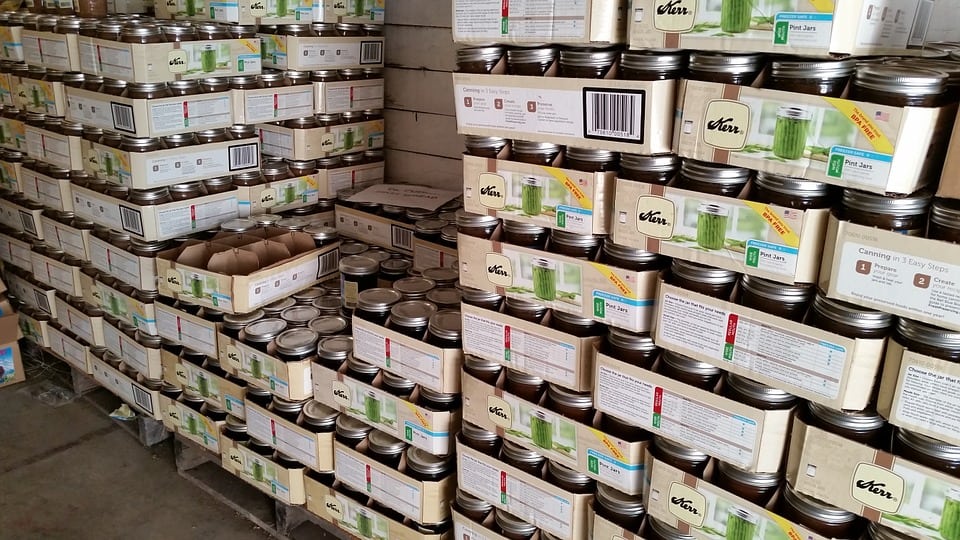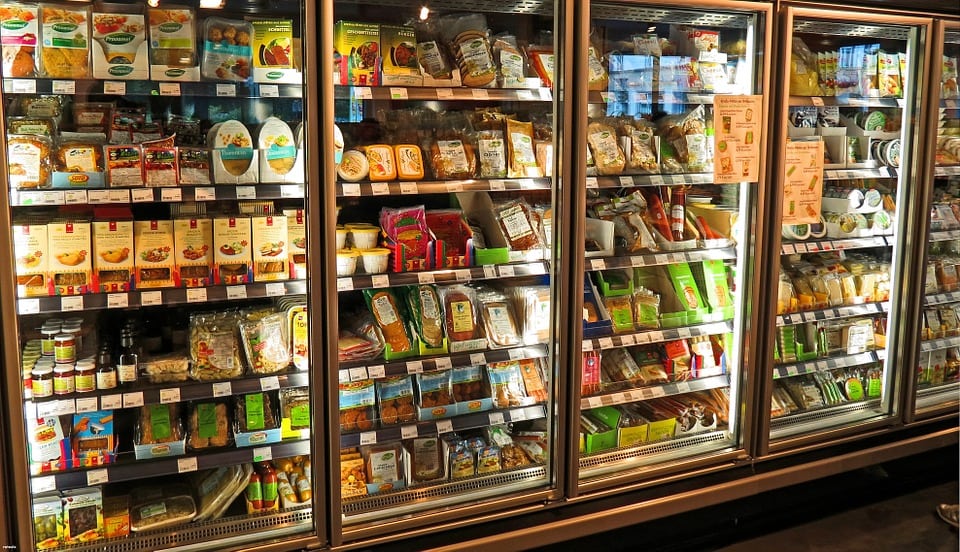Don’t let a lack of traceback kill your business. Discover end-to-end visibility with our integrated traceability system.
Much of the regulatory language in food and beverage regulations targets manufacturers in this sector, yet distributors are also excepted to oblige by the most critical points of these requirements. The same standards imposed on processing facilities regarding consumer safety apply equally to food and beverage distributors. In some cases, there is a greater emphasis on the adoption of best practices for food and beverage distribution as opposed to manufacturing in regard to critical control points in the packing, storage, and transportation of consumables.
The Food Safety Modernization Act (FSMA) has placed a greater obligation on food and beverage distributors to safeguard their product through standardized best practices for the management of consumables. The Public Health Security and Bioterrorism Preparedness and Response Act of 2002 (Bioterrorism Act) also imposed reporting requirements for food processing and distribution facilities. These added legal responsibilities require food and beverage distributors to be able to capture precise insight into their end-to-end supply chain processes.
Here are three of the most important regulations for food and beverage distributors and how they are addressed by SWK’s Sage X3 Food & Beverage bundled solution, powered by Sage:
1. Transportation & Storage of Inventory
As of 2016, the FSMA has given the FDA the authority to inspect and review storage locations used by food and beverage distributors. This has placed additional obligations on warehouse operators in this sector to maintain and demonstrate best practices in sanitation methodology and facility cleanliness. It also has created a responsibility for more diligent inventory management procedures to ensure product sustainability throughout the supply chain and prevent consumer harm post-distribution.
Food and beverage distribution regulations emphasize placing the utmost caution in all environments where inventory is processed, packed, shipped, or otherwise can come into contact with potential contaminants or other harmful factors. These danger points include exposure to contact from humans, animals and insects, debris, potentially hazardous chemicals, and to environmental factors that can potentially damage the product, such as shifting temperatures. Food and beverage distributors must be able to demonstrate they can protect against these dangers consistently in order to be deemed compliant.
Sage X3 Food & Beverage allows you to actively monitor product inventory at all stages and determine quality status based on predetermined features. The solution compares these quality control standards against real-time inventory factors, such as batch expiration dates and potency, and approves or rejects items based on user-defined values. SWK’s Sage X3 compliance software bundle also provides product sampling features through multilevel controls to fulfill regulatory requirements for attribute examination.
2. Corrective and Preventive Process Controls
Food and beverage distributors must be able to demonstrate evidence that they have systems in place to ensure continued and consistent safety of product inventory. These systems fall under several categories as defined by the FDA, including Corrective and Preventative Actions (CAPAs), Hazard Analysis and Critical Control Points (HACCP), and other, more conditional methods that are designed to address potential situations in specific hazard points in the food and beverage supply chain. When implemented and applied correctly, these methodologies should provide parameters for what can go wrong within the supply chain processes as well as guidelines for how designated personnel should respond to these incidents.
Preventive controls should restrict the amount of potentially harmful and compliance-breaking situations that arise by having monitoring systems in place along with safeguards ready at critical control points. Corrective actions should address a specific occurrence and must outline steps towards a proper procedure to address that particular circumstance. Both sets of controls must have a system of checks and balances to verify all stages of implementation and application upon review.
Deploying the SWK Sage X3 Food & Beverage bundle delivers real-time supply chain monitoring functionality as well as control records for quality assurance tasks. This enables you to establish and map out your own checkpoints at critical control stages for inventory quality management. Automated shipping and warehouse management features also provide the ability to maintain accurate records of supply chain procedural operations to document process control practices.
3. Recordkeeping & Reporting
Distributors in sectors that handle consumable products often must maintain records for multiple functions in order to demonstrate compliance with regulatory best practices. As per the modified FSMA rules, food and beverage distributors also have reporting obligations that must be met at regular intervals to maintain their qualification status. If a foodborne illness outbreak occurs or if the FDA has reason to believe an outbreak may occur at a certain facility, then this qualification may be revoked and only the process data which has been captured may prove either an error or that the noncompliant practices have been resolved.
Records must be maintained for multiple processes, including the preventive and corrective controls mentioned previously. This data, along with hazard analyses and recall management policies, constitute the information required for food safety plan records that demonstrate compliance with FSMA regulations. Verification and validation tasks for certain parts of these practices will also need to be documented to provide total insight into the entire chain of compliance processes. Records submitted to the FDA must be informative and include all identifying data to allow verification of all information presented.
An important factor in demonstrating compliance with food safety regulations is traceability of products in the case of recalls or suspected foodborne illness outbreaks. The lifecycles of these product batches can be traced to their origin points using the Sage X3 Food & Beverage bundle. Serialized product data allows food and beverage distributors to comply with regulatory agency requirements for tracking packages that were found to be tainted or were suspected of coming into contact with tainted batches.
SWK’s Sage X3 Bundle Delivers the Supply Chain Traceability Necessary for Food & Beverage Distributors to Meet Compliance
Compliance in food and beverage distribution requires end-to-end visibility over the entire supply chain to capture the data necessary to fulfill regulatory obligations. The Sage X3 Food & Beverage bundled solution, powered by Sage, delivers this insight into packing and shipping processes to enable food and beverage distributors to demonstrate their compliance procedures to oversight agencies.
Download our free E-book to learn more about this solution and how it enables your supply chain processes to meet compliance.
Learn about the only FDA-compliant software bundle for Food and Beverage manufacturers.


